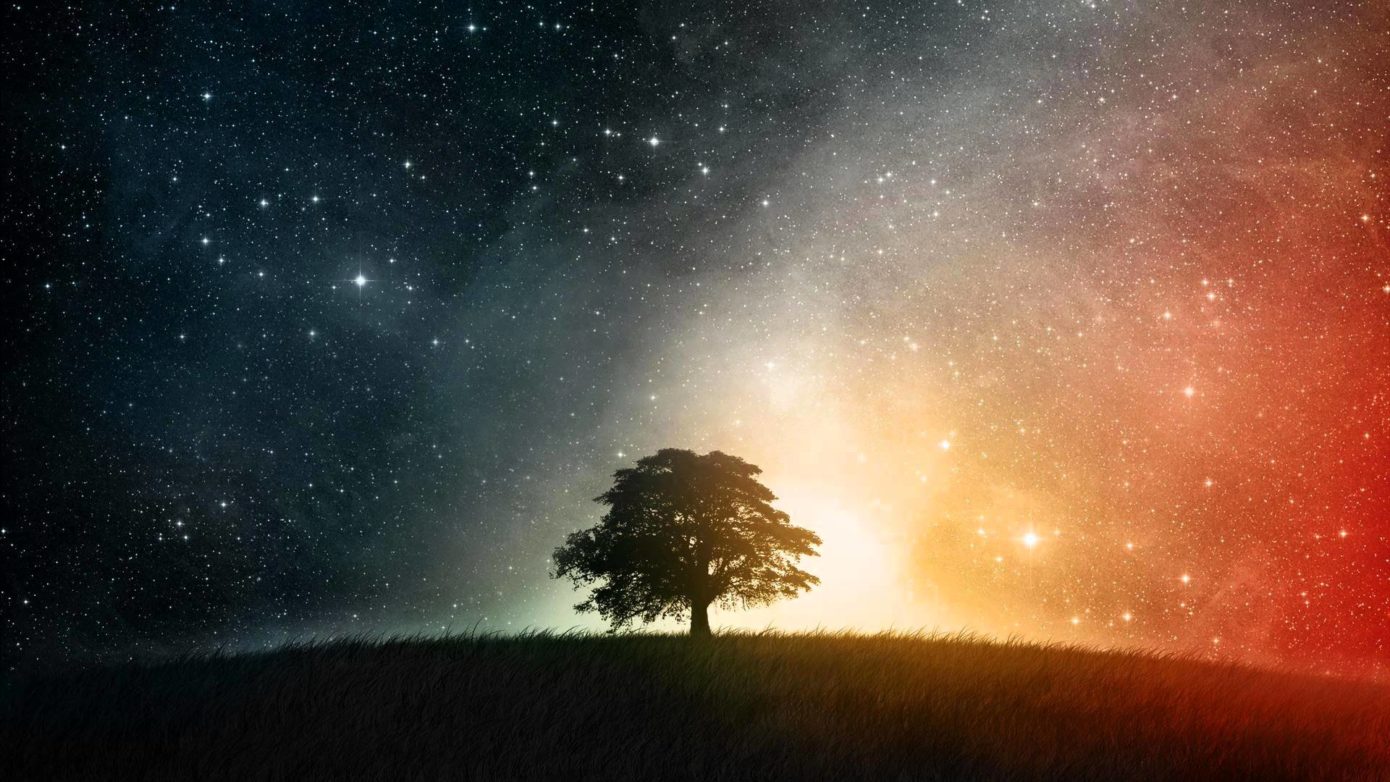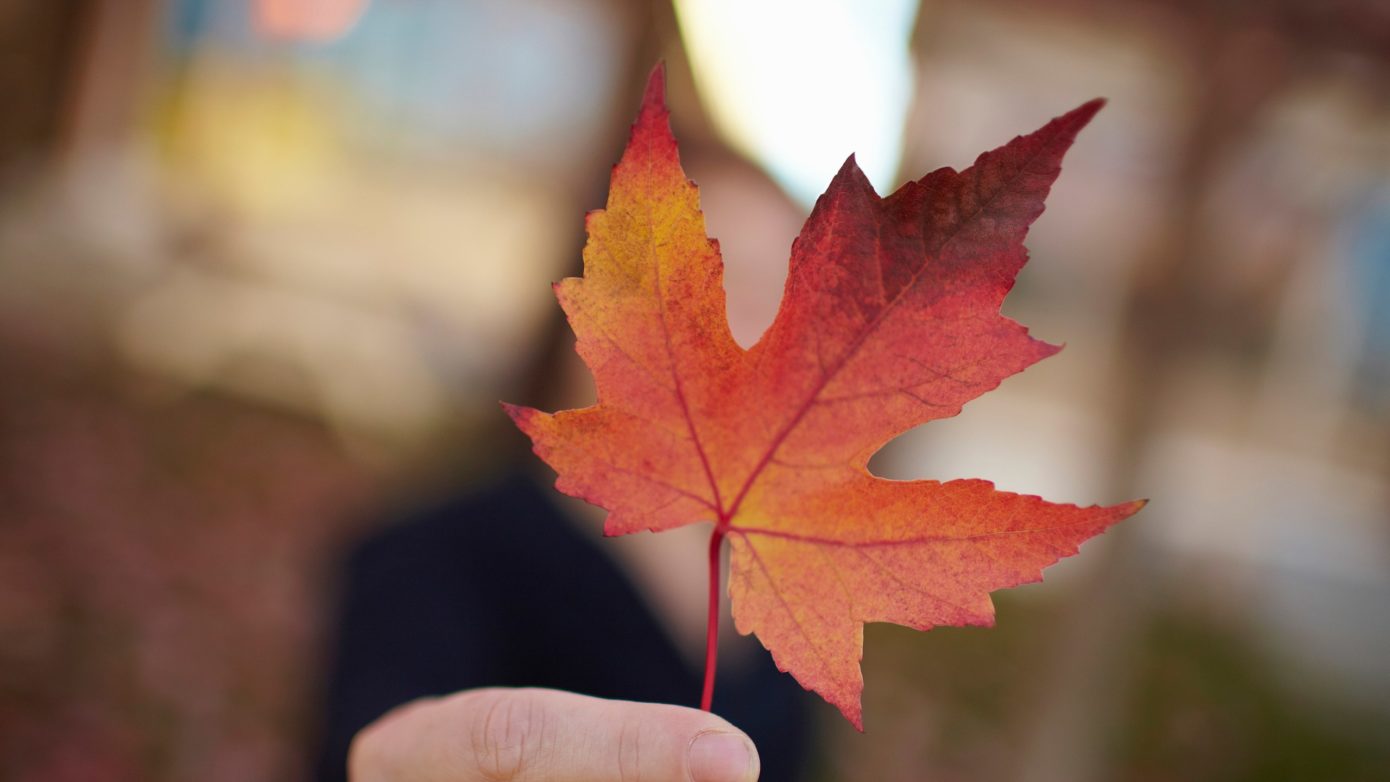I have written many poems and stories on love within this blog. Just look at the keywords to the left of this article to read some of them or use the search box.
I attempted to define love as best I could in “Love Is…“, and although I get a LOT of hits on the article, I still find it doesn’t do the word ‘love’ justice.
In a word – Love
Arabic: حُب
Bulgarian: любов
Chinese: 喜爱
Czech: láska
Danish: kærlighed
Dutch: liefde
Estonian: armastus
Finnish: rakkaus
French: amour
German: die Liebe
Greek: αγάπη
Hungarian: szeretet
Icelandic: ást
Indonesian: sayang
Italian: amore
Japanese: 愛
Korean:애정
Latvian: mīlestība
Lithuanian: meilė
Norwegian: kjærlighet
Polish: zamiłowanie
Portuguese: amor
Romanian: dragoste
Russian: любовь
Slovak: láska
Slovenian: ljubezen
Spanish: amor
Swedish: kärlek
Turkish: aşk
Those are just twenty nine of the roughly 6,500 spoken languages in our world. Every single language has a word for love. Some languages have multiple expressions of love within a single word. So the concept of love itself is far from alien to our species, but the ability to completely understand it is as complex as the ability to understand faith.
The Force of Love
When Obi-Wan Kenobi told Luke Skywalker to “trust in the force”, he spoke of a power that surrounds us. This power can also be compared to love and hate. Love, being the good side of the “force” and Hate being the “dark” side of the force. Love can consume us, support us and tear us apart.
~
A man sees a young woman in Grant Park in Chicago, finds her attractive and sits down at the bench next to her as she is feeding some pigeons and reading a book. He tries not to stare but admires how her long hair cascades over her shoulders and over her light jacket. Then his eyes trace down her arm to her delicate hands that hold the book. Sensing someone looking at her, she lowers her book and sees the dark-haired man with a five o’clock shadow, trying not to look at her but their eyes lock. It’s love at first sight.
As the days progress into weeks the two get to know each other and find multiple common  bonds. They grow closer and closer, and love becomes a comfort, a blanket that keeps them warm and carries them through each day. It’s the comfortable love of daily life.
bonds. They grow closer and closer, and love becomes a comfort, a blanket that keeps them warm and carries them through each day. It’s the comfortable love of daily life.
One day, the woman gets a job that requires her to move back to France where she was raised. He goes with her temporarily to help her get established, intending to, and wanting to come join her when his own job will allow. They spend four beautiful weeks in France and she shows him sights that only the locals know, such as the markets of Marché St. Quentin and the historic movie theater of La Pagode. Then the day comes that he must go back to Chicago. His heart wrenches as he hugs and kisses her goodbye, never knowing when he will see her physically again and he walks through security at Charles de Gaulle Airport. The man forces himself to board the plane and talks with her on the phone until the flight attendant requests him to turn off the phone. He sits, staring out the window as the plane pulls away from the gate and for the first ten minutes, it feels as though someone has attached a cable to his heart and tethered it to the tarmac. For he breaks down, silently crying to himself as his heart is ripped from his chest. It’s the pain of love.
Love That Heals
Love has been shown to have healing properties. Holistic medicine firmly follows the idea that love has strong healing powers. In hospitals, it is now routine to use therapy animals. These are animals that are very good-natured and trained to be with the ill or injured patients and give them love such as the Comfort Dogs of Boston.
Sitting next to a loved one that is in a coma and talking to them is regular practice. Not only because it keeps the loved one in the lives of those that are conscious, but it has also been shown to help the patients heal.
Studies have shown that people who have someone to love or have someone who loves them, live longer than those who do not.
Love of a Child
To hold a brand new human in your arms, one that (ideally) has been created with someone you love, is overwhelming. The flood of undefinable emotions and the incredible reality that there is a new life in your world that will always be a part of you is a consuming love. As the days go on and you get to know this small life, this child, it knows how to do only four things; Eat, sleep, poop and love you (you like how I ordered those?). The love that a child shows for a parent is unconditional and conversely, the love that a parent has for the child is nurturing and encompassing.
Love Defined by a Child
In researching what love means, I came across a very amusing article that discusses how children define love. Here are five of my favorite children’s definitions of love:
- “Love is what makes you smile when you’re tired.” Terri – age 4
- “Love is when a girl puts on perfume and a boy puts on shaving cologne and they go out and smell each other.” Karl – age 5
- “When my grandmother got arthritis, she couldn’t bend over and paint her toenails anymore. So my grandfather does it for her all the time, even when his hands got arthritis too. That’s love.” Rebecca – age 8
- “If you want to learn to love better, you should start with a friend who you hate,” Nikka – age 6
- “Love is what’s in the room with you at Christmas if you stop opening presents and listen,” Bobby – age 7
What does the power of love mean to you?






 Pain is a tempest.
Pain is a tempest. No, although my views on this are changing I do believe that there must have been a splinter, a sliver of hope, somewhere buried inside me. The truth is, I had two choices. I could kill myself and end it all or I could go on trying… and what would killing myself have done? It would have shattered the life of my father, mother, brother and sister, despite the fact that they lived hundreds or thousands of miles away. That was a consequence I couldn’t live with. So, no matter how little hope I had, I had no choice but to remain alive and see where life took me.
No, although my views on this are changing I do believe that there must have been a splinter, a sliver of hope, somewhere buried inside me. The truth is, I had two choices. I could kill myself and end it all or I could go on trying… and what would killing myself have done? It would have shattered the life of my father, mother, brother and sister, despite the fact that they lived hundreds or thousands of miles away. That was a consequence I couldn’t live with. So, no matter how little hope I had, I had no choice but to remain alive and see where life took me.
 As an adult we spend day in and day out, seeking the dollar, chasing the sun and trying find that perfect peace, that perfect moment. As a parent, I find those perfect peaceful times and perfect moments are all around me, mind you not as often as I’d like, but they are there. Even as I sit here at my desk writing this article, I see 8 photographs of my children and at least 7 pieces of artwork, sculptures, sock snowmen,
As an adult we spend day in and day out, seeking the dollar, chasing the sun and trying find that perfect peace, that perfect moment. As a parent, I find those perfect peaceful times and perfect moments are all around me, mind you not as often as I’d like, but they are there. Even as I sit here at my desk writing this article, I see 8 photographs of my children and at least 7 pieces of artwork, sculptures, sock snowmen, 
 I have always considered myself a Christian. I was born into a Methodist home, raised in a Methodist church and I attended Sunday school as a child. I can remember the pride that I had on becoming an acolyte as a young boy and getting a children’s bible.
I have always considered myself a Christian. I was born into a Methodist home, raised in a Methodist church and I attended Sunday school as a child. I can remember the pride that I had on becoming an acolyte as a young boy and getting a children’s bible.